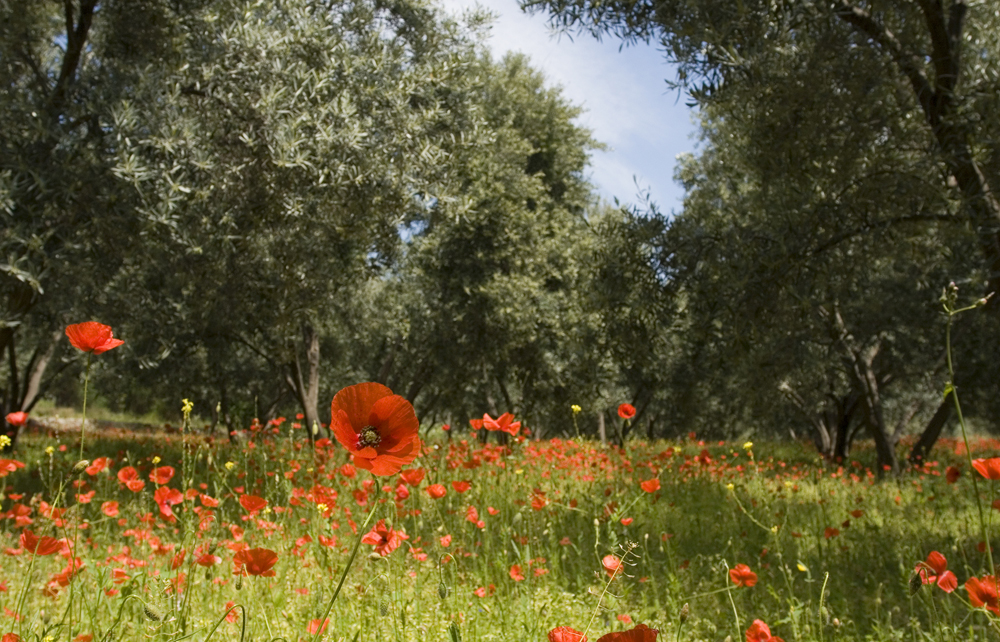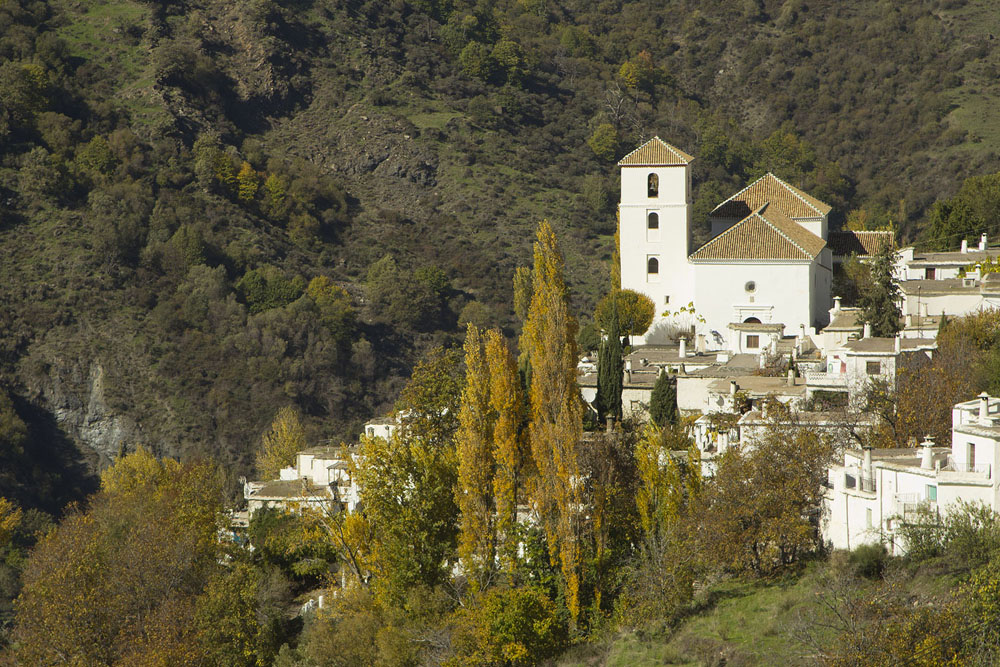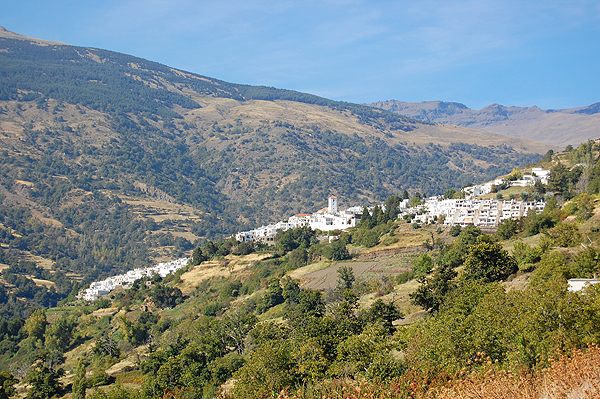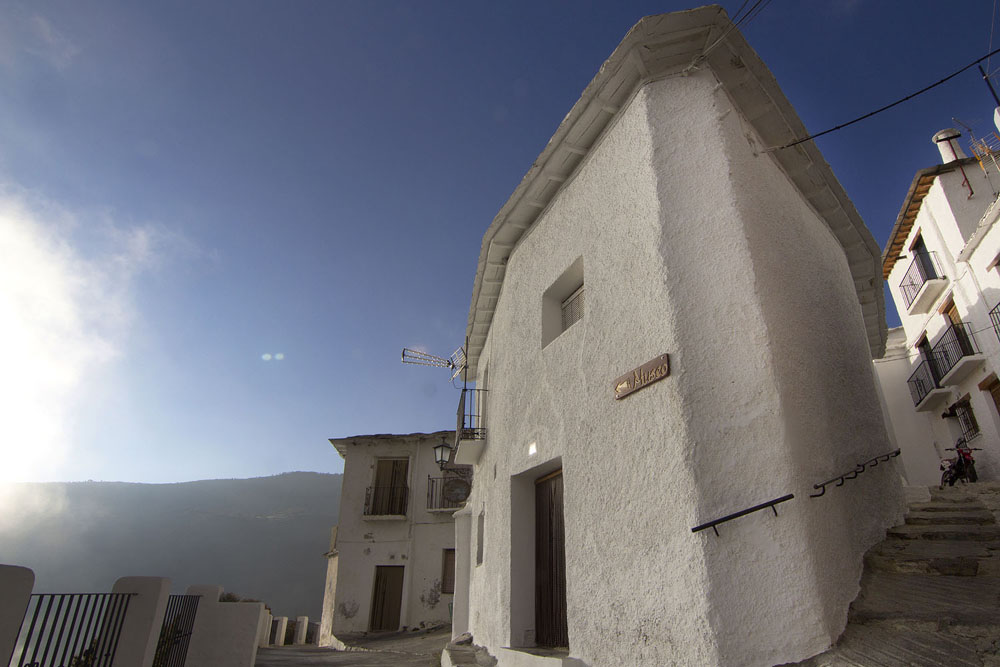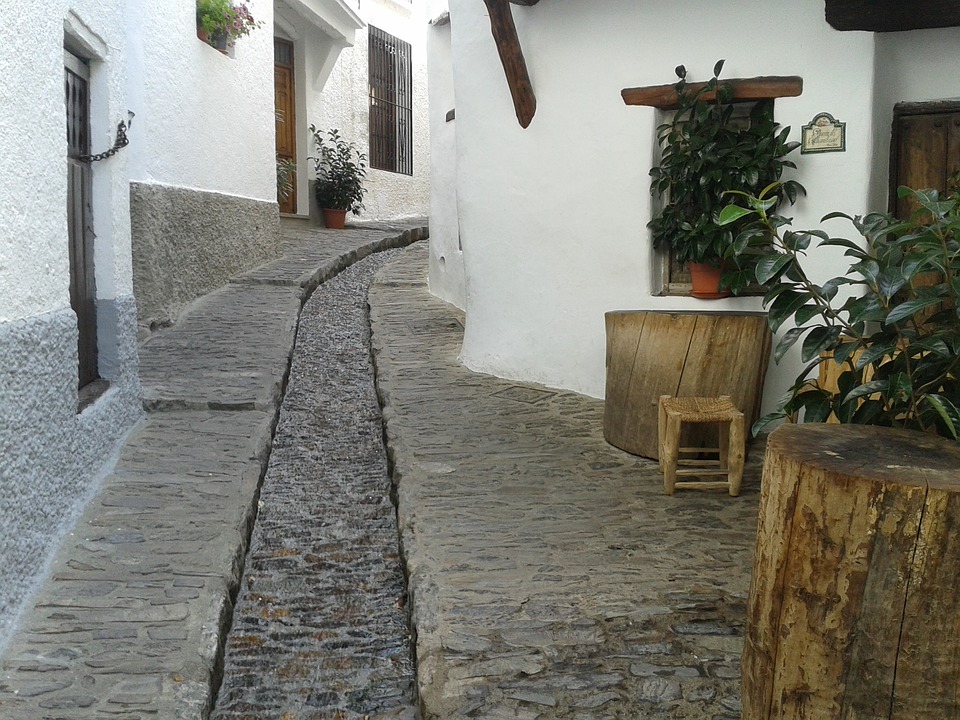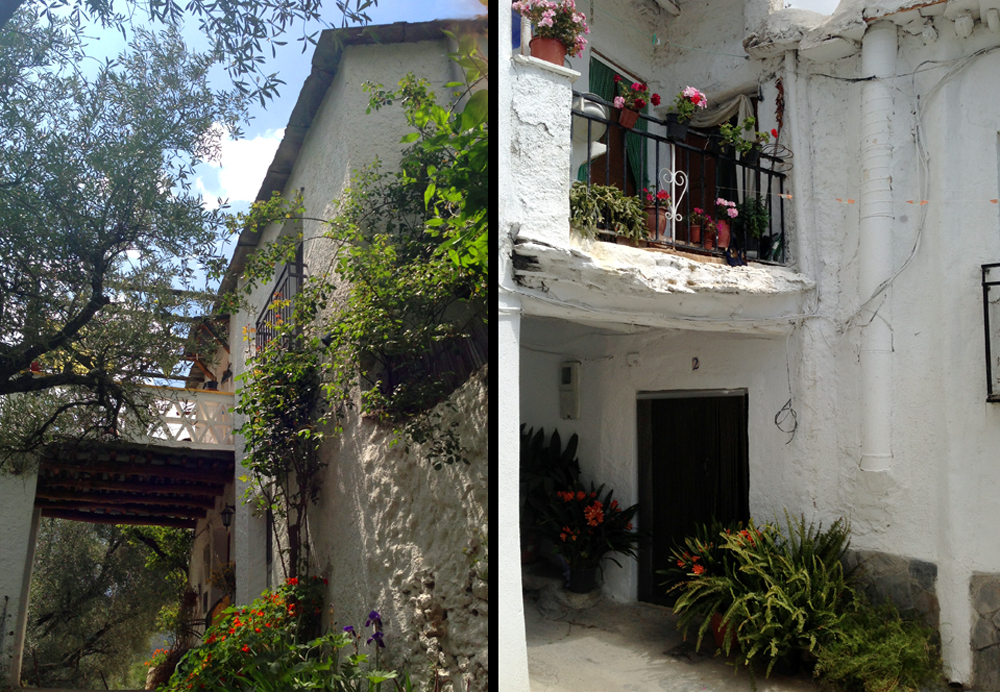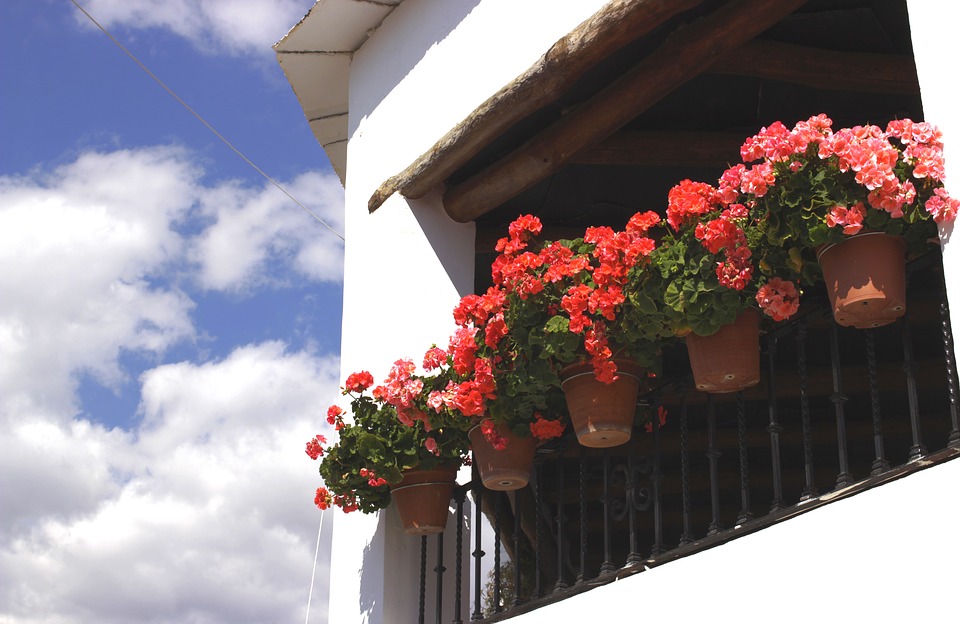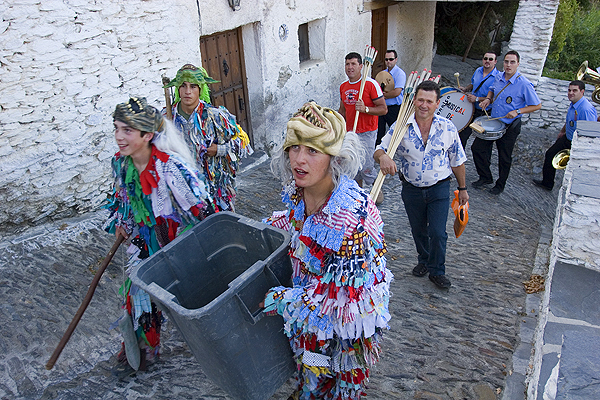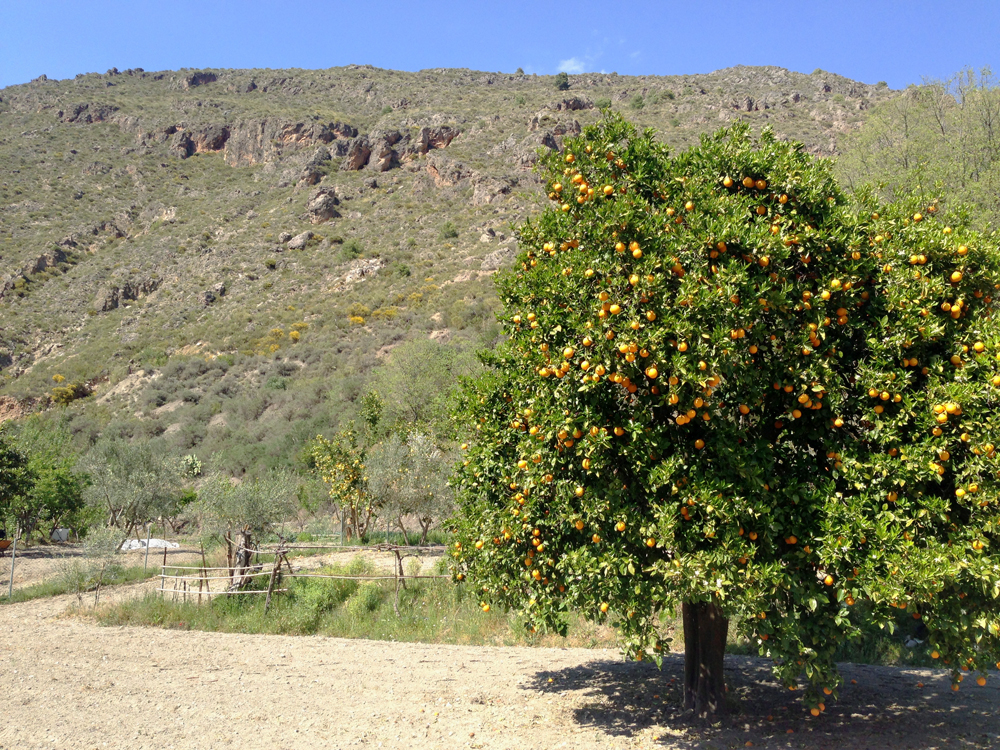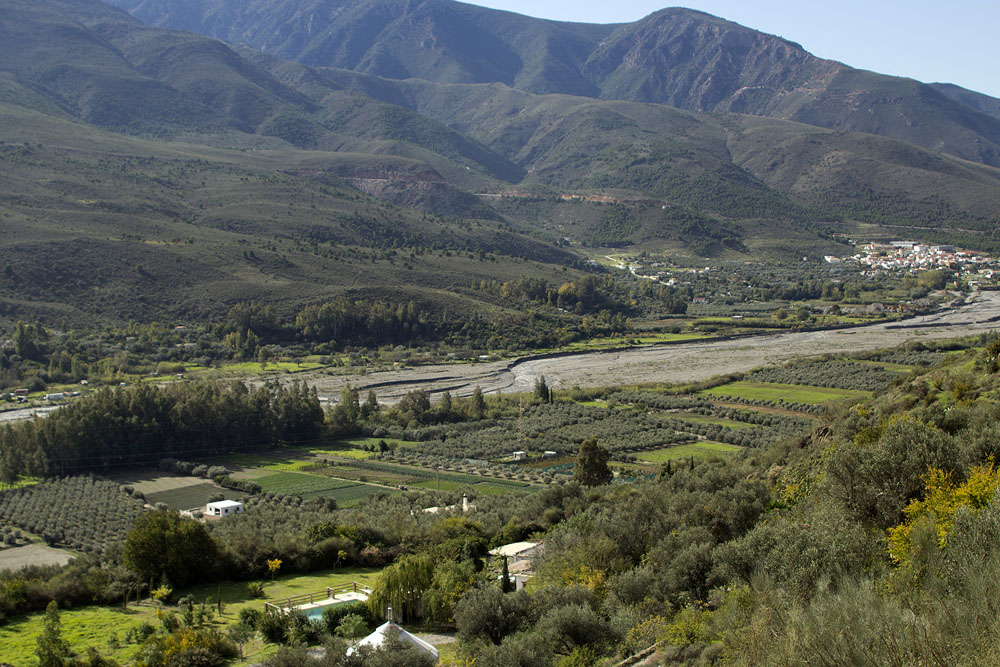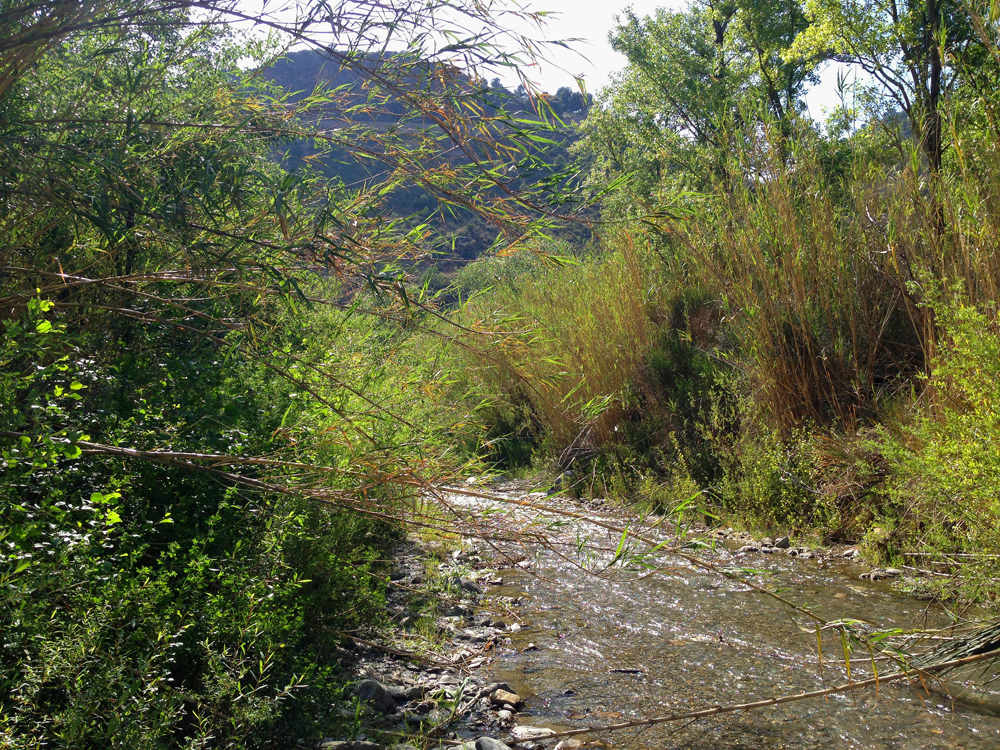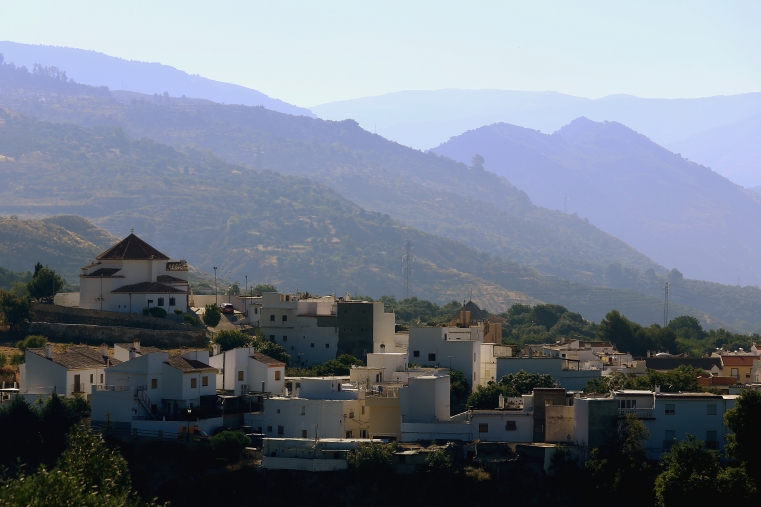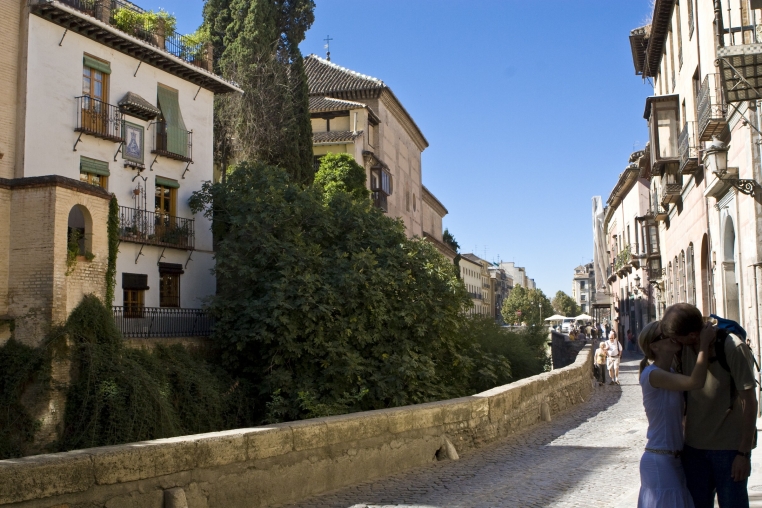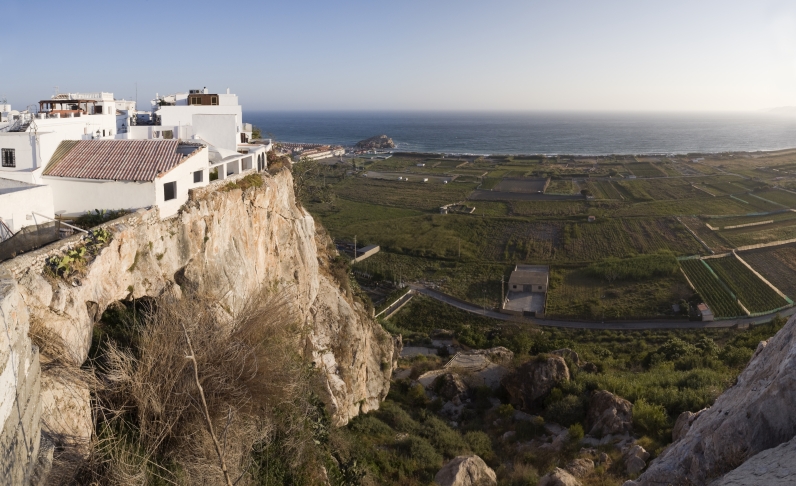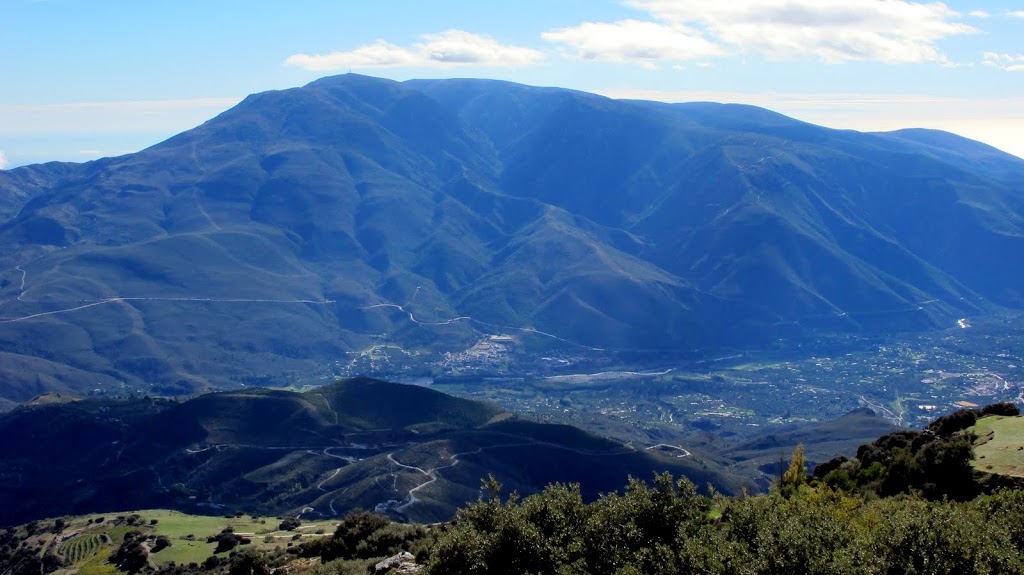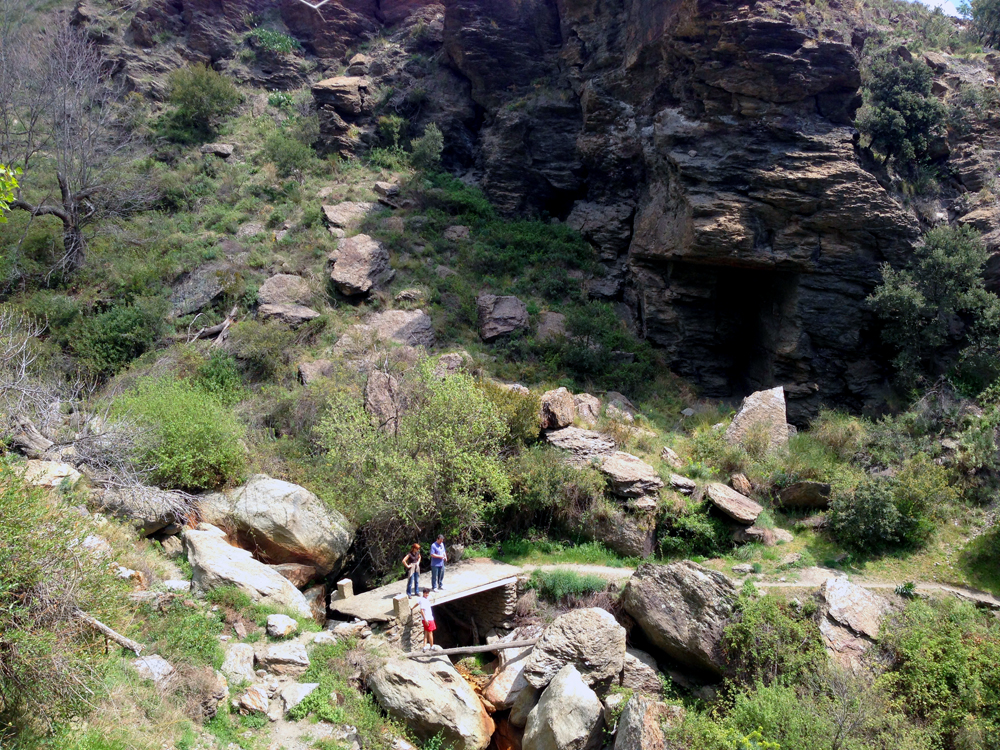Rustical Travel Privacy & Data Protection Policy
We are very conscious and respectful of your right to privacy.
In order to process your booking and to ensure that your holiday arrangements run smoothly and meet your requirements, we must, of course, use the information you provide such as name, contact details, special requirements etc. But we take full responsibility for ensuring that proper security measures are in place to protect your information.
We must pass the information on to the relevant suppliers of your holiday arrangements such as property managers, keyholder-caretakers and related service providers. The information may also be supplied to public authorities such as customs/immigration if required by them, in accordance with the law.
If we cannot pass this information to the relevant suppliers, we cannot administer your booking or arrange the holiday. In making this booking, you consent to this information being passed on to the relevant persons.
We will not pass on any personal information to any individual or organization not responsible for part of your holiday arrangements. This also applies to any sensitive information that you provide, such as details of any disabilities, or dietary/religious requirements.
We don’t like spam ourselves and we restrict our own promotional mailings to two typically non-aggressive instances:
- When a new user actively requests that we send details of special offers, or similar.
- Occasional promotional mailings to former clients that they can opt out of at any time.
Otherwise, we never use your personal information for any purpose other than arranging your holiday booking.
You are entitled to a copy of your information held by us. If you would like to see this, please ask us. (We may make a small charge for providing this to you).
Your data controller is: Rustical Travel
If you need personal assistance, please contact us at: This email address is being protected from spambots. You need JavaScript enabled to view it.
Use of cookies
Like most businesses these days, we use cookies to track the number of browser visits to our website and help us learn from visitor behaviour. Our analysis of this information does not identify you as the user so that your privacy is safeguarded.
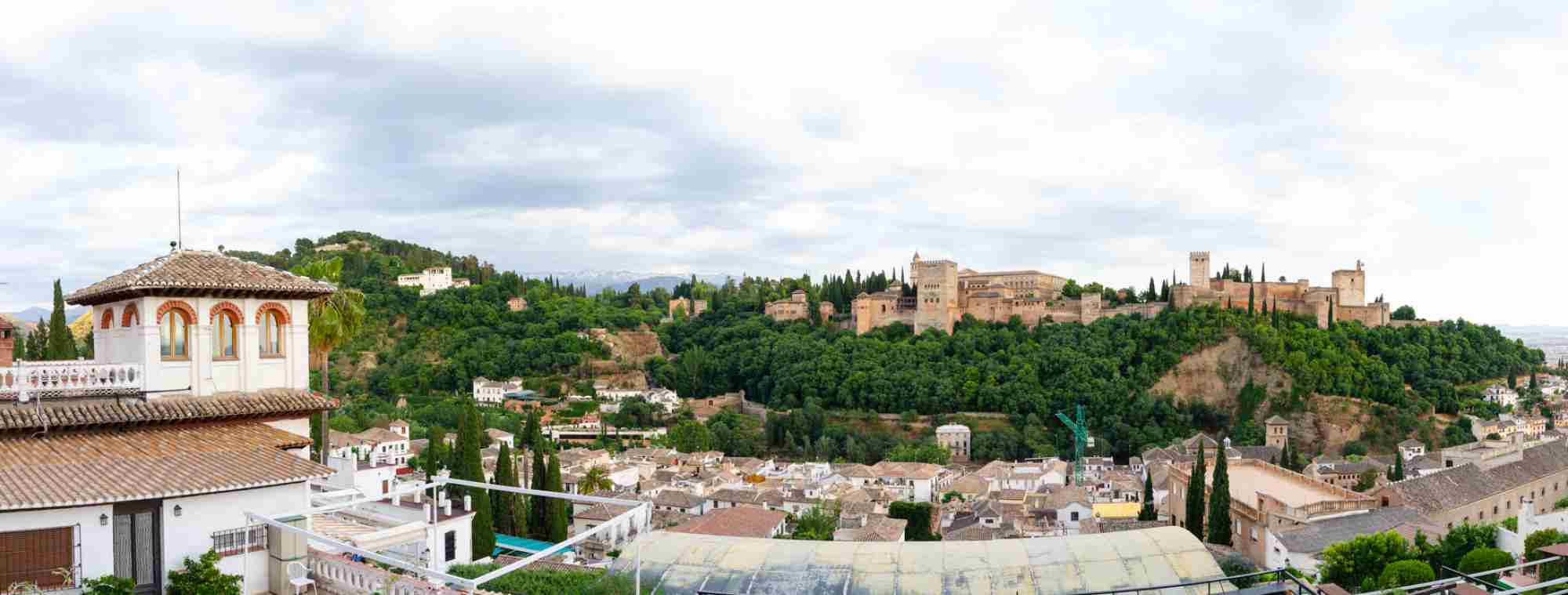






.jpg_464_290_cf_q100_co-1.jpg)



















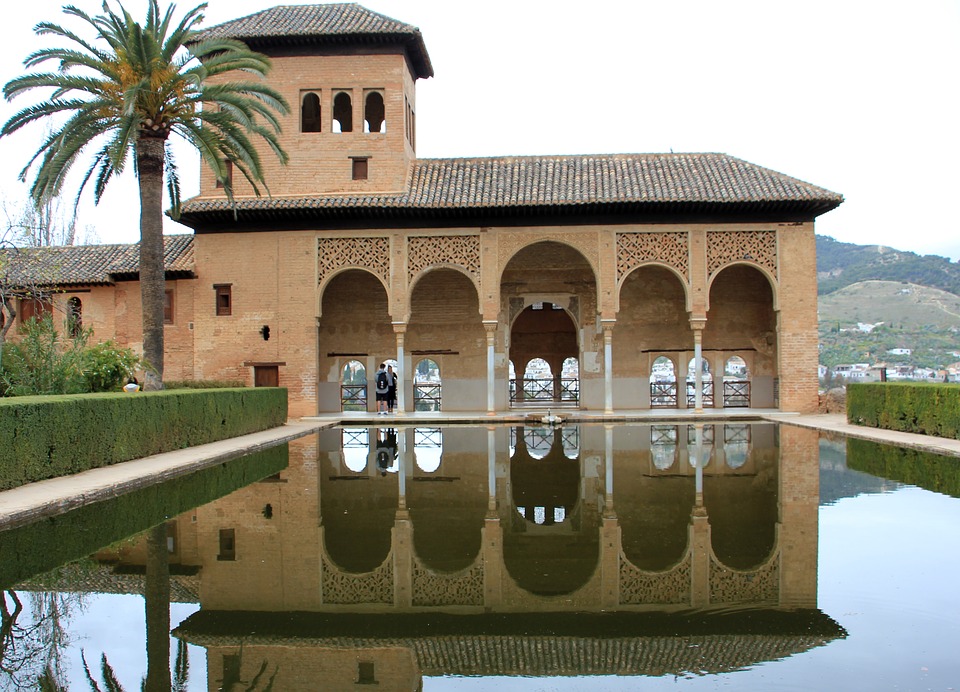
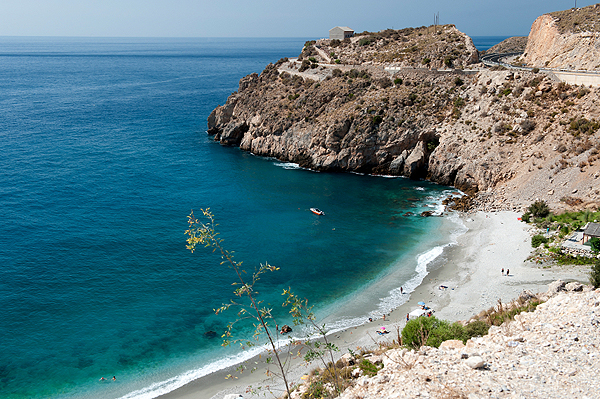
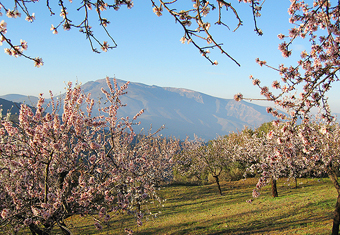
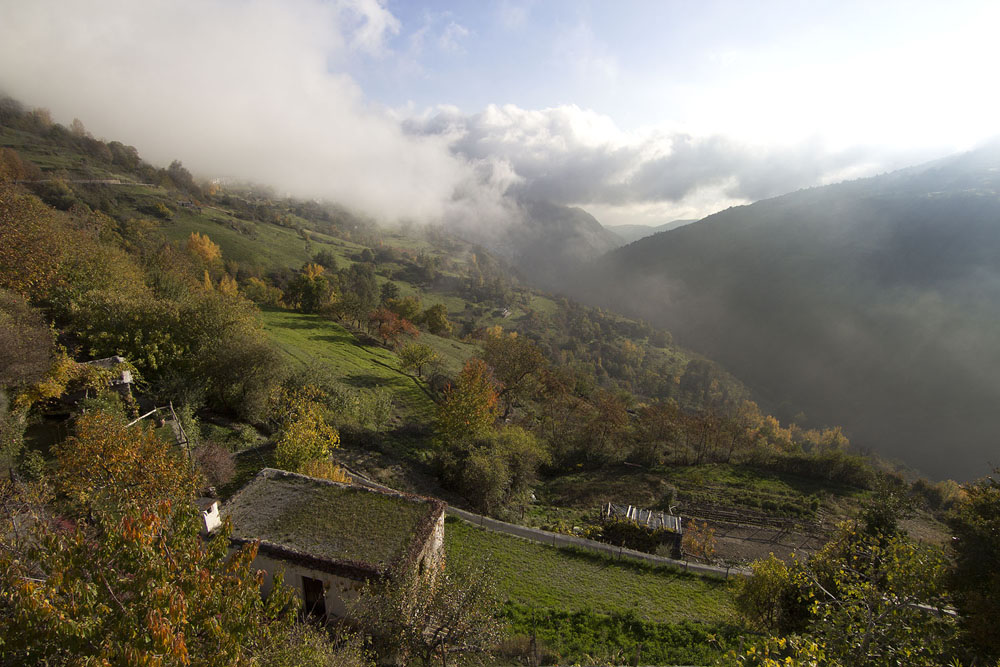
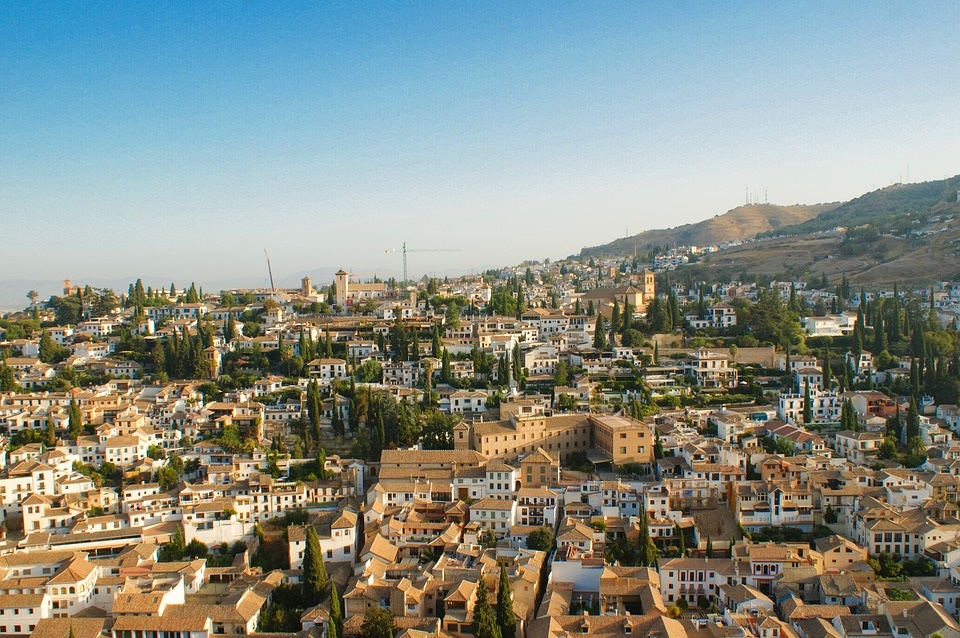
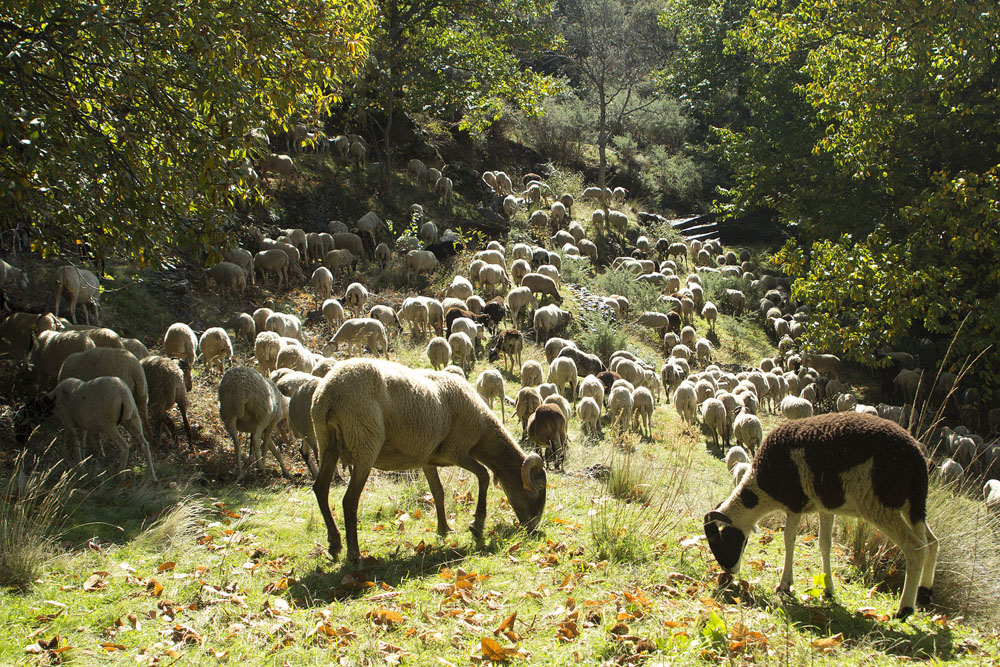
.jpg)

